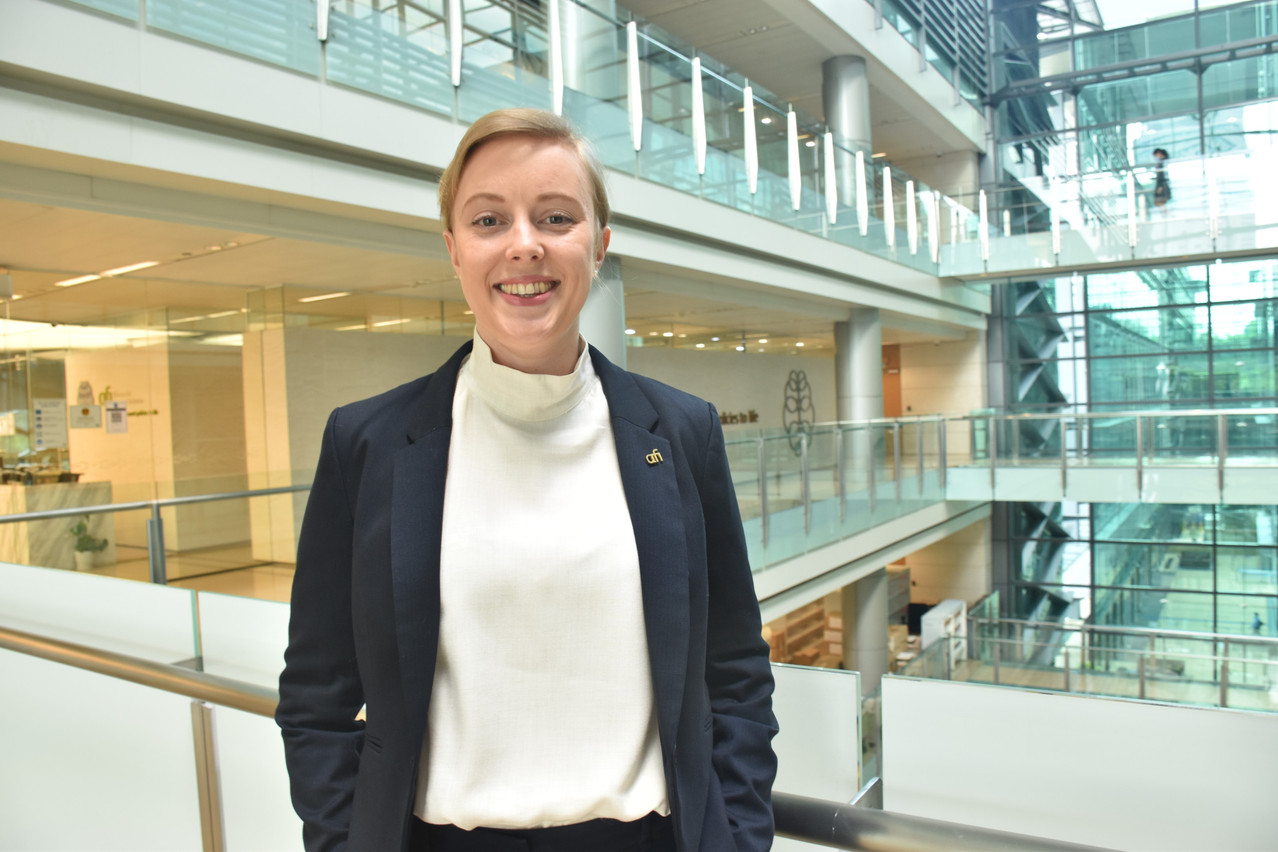Firstly, can you tell me a little about what you do at AFI?
Johanna Nyman: The Alliance for Financial Inclusion wants to make financial services open to all – AFI’s particular focus is smoothing the regulatory path towards this goal. So for example, we’ll put regulators in Malaysia together with those in Ghana and they’ll find ways to make microcredit more easily available to people in their countries. What I do within this is focus on green finance. How can getting savings, insurance and credit help a farmer build resilience to climate change, for example.
How can banking build resilience to climate change?
If you’re farming a smallholding that is adversely impacted by climate change, let’s say, flooded, then access to formal savings in a bank rather than invested in livestock means you have something to fall back on. Access to credit to invest in solar panels or resilience-building practices will help you in the event of catastrophe and insurance can cushion you with a payout when the weather does something unexpected. Which is more and more frequent.
Insuring against the weather?
In fact, Luxembourg’s House of Financial Technology incubated a crop insurer, OKO, in its 2018 Catapult Inclusion Africa programme. OKO uses satellite imagery and weather forecasting to simplify and automate claim management when particular thresholds are met. This morning we were talking with Lhoft about designing more green fintech accelerating solutions through its incubation programmes.
It sounds like Luxembourg is a surprisingly useful location for inclusive green finance.
We find the ecosystem in Luxembourg fantastic. It’s already a hub for inclusive finance and microfinance. Then it supports innovation and Fintech through Lhoft, which brings together the perspective of regulators that work with Fintech -- it’s home to an experienced financial regulator itself, the Commission de Surveillance du Secteur Financier. Lastly, Luxembourg is in the heart of Europe, so an excellent ‘jumping off’ point for sharing the perspectives of regulators from developing countries.
What’s next for AFI?
We’ve just worked with the Ecuadorian regulator, the , to sign a cooperation agreement with the country’s national environment ministry. This is one of the first times that an AFI member has signed an agreement with a national environment ministry aimed at green finance. It’s also interesting because it took place during regional training on green and gender-inclusive finance.
How does green financing intersect with gender-inclusive finance?
Women are adversely impacted by climate change. For example, in many countries, women are not taught to swim which means relatively more deaths in flooding. A higher proportion of women than men tend to be the owners of smallholdings, which again, are adversely impacted by climate change as often situated on floodplains. Regulatory interventions, like making the regulation around payment systems easier, means a woman can use an easy payment system on her phone to get instant loans from friends and family. Inclusive green finance is all about the individual.
